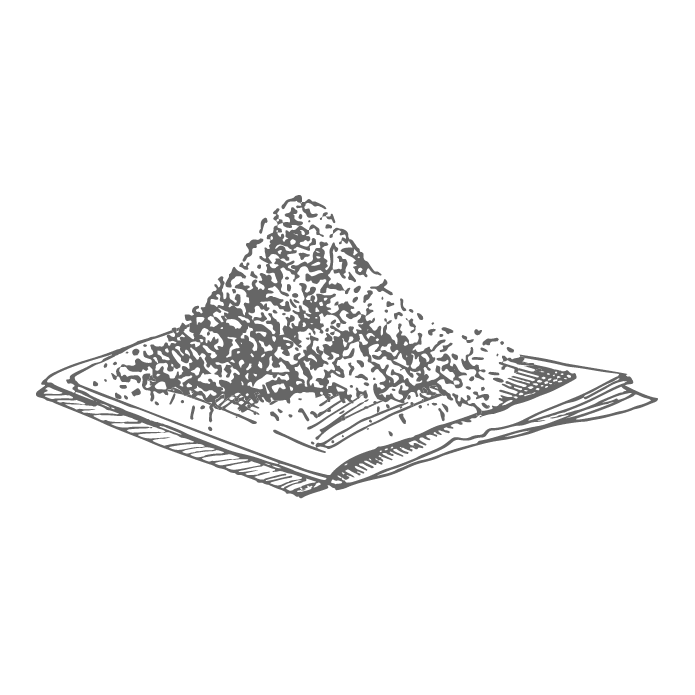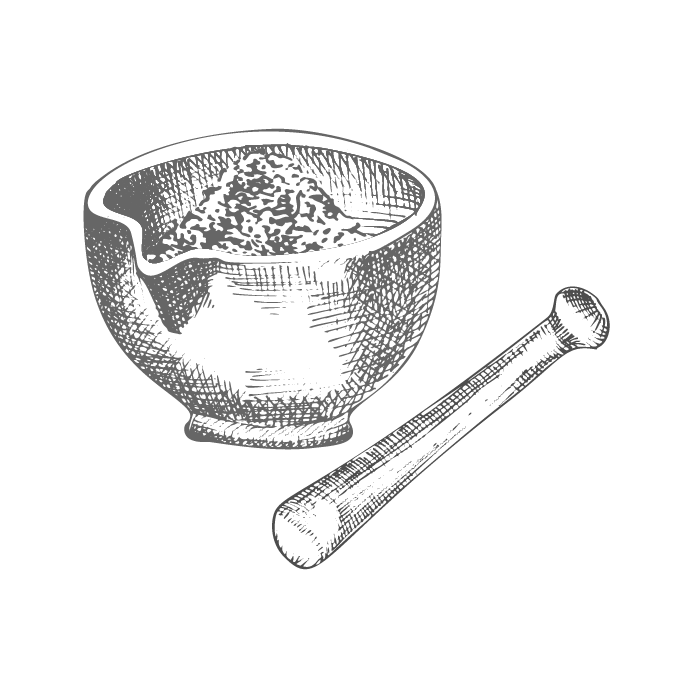Fatigue

Fatigue is a very common complaint – it is a symptom and not a disease. In a recent survey – 57% of office workers said that they had “fatigue”. Fatigue can be caused by physiological or psychological conditions, and sometimes it may be a mixture of both. When we are fatigued, we feel exhausted and lethargic all the time. Fatigue can also affect our physical and emotional states.
Fatigue doesn’t just affect our energy levels, it can also affect our moods, motivation, ability to think clearly and concentration. You may find that you feel very low in energy after completing a task, or after exercise. Fatigue is a symptom and is diagnosed when for more than 2 weeks you are constantly tired, despite being well-rested.
Fatigue occurs gradually, and you may not realise how much it has been affecting you until you begin to realise that you are not achieving as much as you used to be able to do.
Fatigue may be an underlying cause of other conditions, so it is important that you see your Doctor or Allied Health professional so that we can assist you and investigate further the causes of your fatigue. In general – the first place to start with is blood tests, so that we can get an overall picture of how your body is functioning.
Depression

While we all feel sad, moody or low from time to time, some people experience these feelings intensely, for long periods of time (weeks, months or even years) and sometimes without any apparent reason. Depression is more than just a low mood – it’s a serious condition that affects your physical and mental health. (1&2). Depression affects how people think, feel and act. Depression makes it more difficult to manage from day to day and interferes with study, work and relationships.
A person may be depressed if for more than two weeks they have felt sad, down or miserable most of the time or have lost interest or pleasure in most of their usual activities, and have also experienced several of the signs and symptoms across at least three of the categories in the list below. It’s important to note, everyone experiences some of these symptoms from time to time and it may not necessarily mean a person is depressed.
Equally, not every person who is experiencing depression will have all these symptoms. In any one year, approximately 1 million people are affected by depression. In general, it will affect one in every 6 women and one in every 8 men at some point in their lifetime. The great news is – depression is treatable and effective treatments are available. The sooner a person who is suffering from depression seeks help, the sooner they can recover and be given support and assistance to manage their depression. In general, if you find that you are suffering from low mood, have lost interest in things that used to bring you joy, and this continues for a period longer than 2 weeks, you may be suffering from depression.
Anxiety
Anxiety disorder is one of the most common mental disorders which affects 1 in 4 Australians at some time in their life. Women are more likely to develop anxiety than men however, the cause of this is not known why. Anxiety has a huge impact on a person’s day-to-day life. Many people who suffer from anxiety are not able to stop worrying, overthinking or analysing what might go wrong today.

Anxiety from a chinese medicine perspective falls into a few different patterns and it will vary for everyone. However, the main cause is that emotions become trapped in the heart – which leads to what we call the “shen disturbance”. Shen disturbance occurs whereas stated above, our emotions and worries become lodges in the heart, which can also lead to heart palpitations, stress, sleep issues, panic attacks, over worrying and thinking and feelings of insecurity, issues connecting to others and social anxiety.
Anxiety can affect your sleep, concentration and day to day tasks such as going to work, going to school and household chores. Anxiety from a body’s point of view is a form of self-protection. It is there to help us survive from stress and environmental dangers however once the stress is gone our body should return to normal.
For people suffering from anxiety – their body does not know how to separate what is actual stress and what is perceived stress and danger. As a result, their body is constantly in a state of stress and perceived danger. This in the long term also affects their immune system, sleep patterns and concentration. To an anxious person, everything is heightened and is perceived differently. They have trouble reading other people’s emotions and are in a constant state of fight or flight – over worrying and overthinking about every little detail. It can affect how they interact with others, how they communicate and can also cause panic attacks, social anxiety and a fear of going out.
Anxiety can present with many different symptoms including shortness of breath, heart palpitations, trembling hands, panic attacks and over analysing or over worrying about situations. Anxiety from a Western perspective can be caused by ongoing stress, family background issues, physical health issues and from a traumatic event.
Stress

STRESS – in today’s modern society we are constantly bombarded with constant and consistent stressors. In 2019, most adults reported that their stress levels were at a level of 5.1 on a 1-10 scale, with 1 being very low stress and 10 being extremely high. This up from 4.9 in 2016.
The world health organization has stated that stress has become a worldwide epidemic and is affecting all the western world. The adults in the survey also reported that stress has a negative impact on their mental and physical health, yet they did not feel as though they were doing enough to manage their stress. Stress is a natural physiological factor that is a protective mechanism for our bodies and although it does get a bad name, stress is not always bad. Stress can be beneficial for us in many ways, including driving us forward and increasing our potential and performance when placed under stress. Stress was designed for our physical body and our brains to be a short-term physiological effect.
As soon as the body perceives a “stressor” the adrenal glands pump adrenaline and cortisol into our blood system. The effect of these hormones is to increase our heart rate and breathing and send blood to our muscles as they tighten in response to the stress so that we can run away and “: escape the stress”. This, in turn, causes other bodily functions such as digestion and reproduction to be put on hold, as blood and energy are needed to go to the heart and muscles so that we may escape from the cause of the stress – think running away from a tiger in cave man days. Once the stress is removed (i.e. we are safe in our cave, or out of the way of danger), the adrenal glands stop secreting adrenaline and cortisol into the body, and the systemic nervous system is calmed down, which allows for the parasympathetic system to be switched back on – enabling digestive function and sleep functions to be switched back on.
The difference – today, our body can not differentiate between what is an actual threat type of stress from psychological and emotional stress which we are faced with daily in the western world. Continued stress, where the nervous system is constantly activated and switched on, can have a severe effect on our physical, emotional and mental health and wellbeing. Signs that you are stressed can be that you are consistently irritable, angry, tired, and having aches and pains in your body. You may be short-tempered and have issues concentrating and poor memory. Long term stress, which is typically where it occurs for 6 months or more, has a detrimental effect on our body and can also lead to autoimmune diseases and larger systemic diseases such as cardiovascular disease, diabetes and obesity.
Disclaimer: Each individual’s treatment and/or results may vary from patient to patient based on the circumstances of the patient’s specific situation. A result is not promised and/or guaranteed from the act of receiving treatment.



